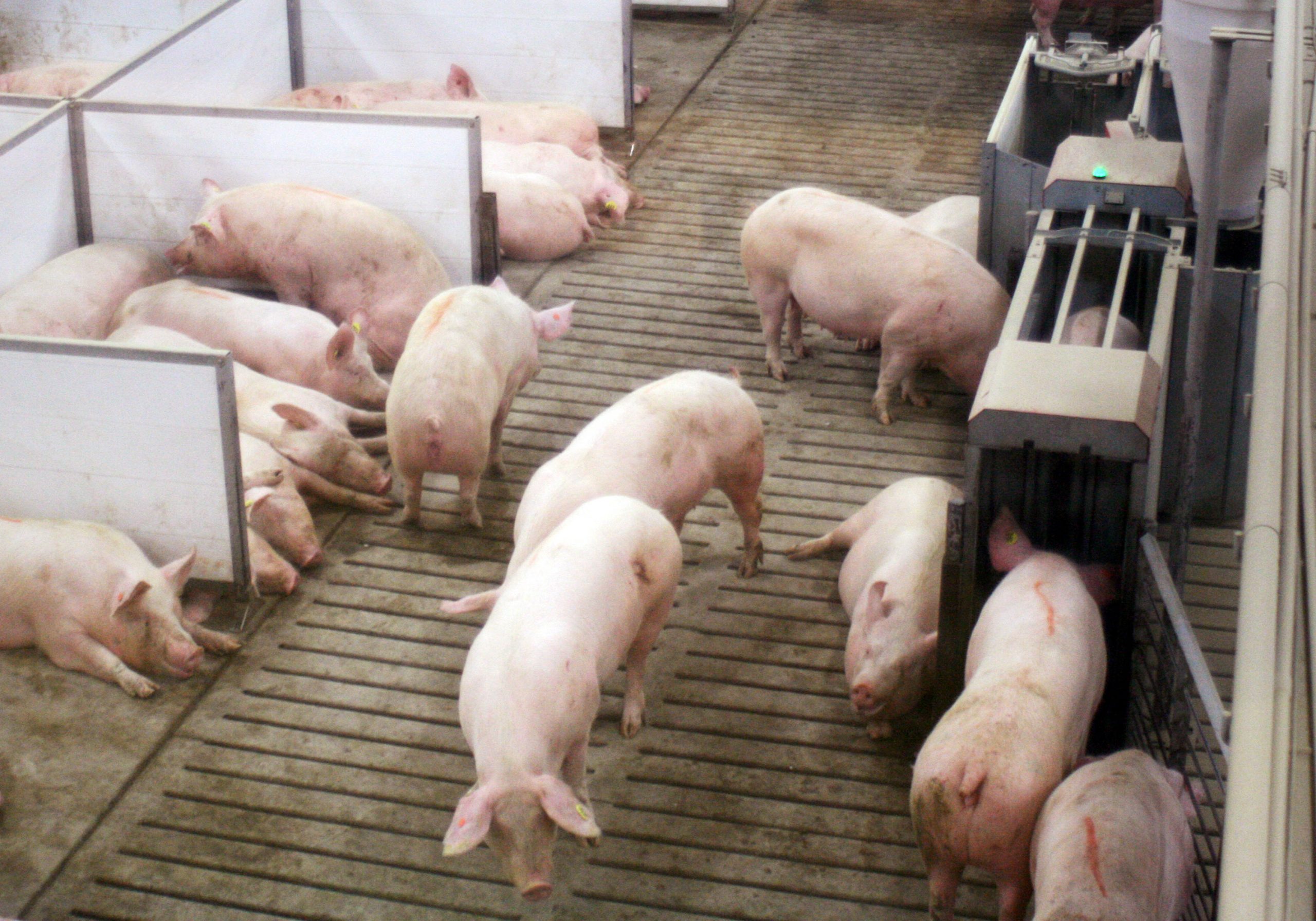Supreme Court Justice Elena Kagan raised alarms about division in the United States during oral arguments over a challenge brought by out-of-state pork producers who claim a California law is disrupting its industry procedures and raising the costs of production.
Attorneys for pork industry groups alleged a 2018 ballot measure approved by Golden State voters, which gained 63% support, violates a provision known as the dormant commerce clause, a court-crafted doctrine that holds the U.S. Constitution limits the power of states to regulate commerce outside their borders without direct congressional approval. The law bans sales of pork in California unless pregnant pigs are allowed at least 24 square feet of space and the ability to stand and turn around in their pens, among other provisions.
Justices deliberated for nearly two hours about whether California’s law might allow for more states to try and impose moral values on other states in the union, with some suggestions that they might allow meat producers to go forward with its legal challenge against the state without specifically ruling on the constitutionality of the ballot measure, known as Proposition 12.
PORK INDUSTRY WANTS SUPREME COURT TO FRY CALIFORNIA ANIMAL WELFARE LAW

“We live in a divided country. And the Balkanization that the framers were concerned about is surely present today,” Kagan said, later asking, “Do we want to live in a world where we’re constantly at each other’s throats and, you know, Texas is at war with California and California at war with Texas?”
Neither liberal nor conservative justices appeared to be divided along ideological lines in the oral arguments over National Pork Producers Council v. Ross on Tuesday. Kagan, one of three Democratic-appointed justices on the high court, was similarly cautious as her counterparts with questions about how a ruling in favor of either side could affect the fragile relationship between states.
Some justices doubted California’s law forced out-of-state farms to alter their practices for nurturing pregnant sows, noting that they could opt out of selling to California altogether.
“As I read California’s law, it’s about products being sold in California,” conservative Justice Clarence Thomas noted. “Unlike some of the cases you cite, it’s not reaching out and regulating something across state lines.”
Justice Sonia Sotomayor, a liberal justice, also said that “no one is forcing them to sell to California,” referring to the pork producers who brought the challenge. Statistics show California only consumes about 15% of the nation’s entire pork supply.
CLICK HERE TO READ MORE FROM THE WASHINGTON EXAMINER
President Joe Biden’s administration submitted a brief earlier this year siding with the pork producers, arguing states can’t ban products “that pose no threat to public health or safety based on philosophical objections.”
Despite the National Pork Producers Council and the American Farm Bureau Federation’s objection to the Golden State law, two of the nation’s largest pork producers, Smithfield Foods and Seaboard Foods, have indicated plans to become compliant with the law.

